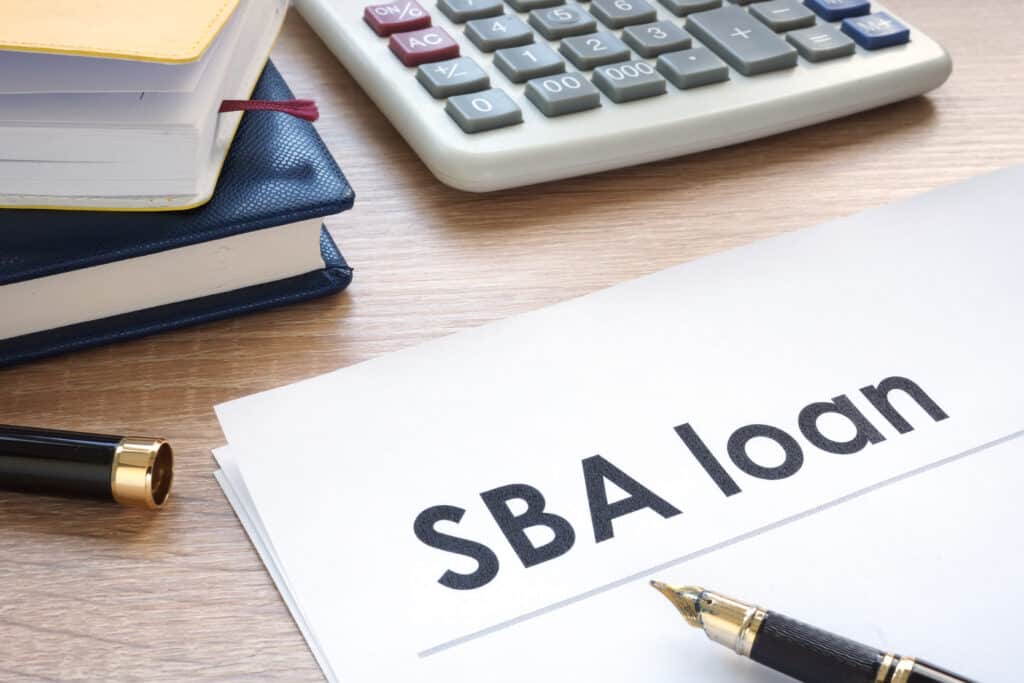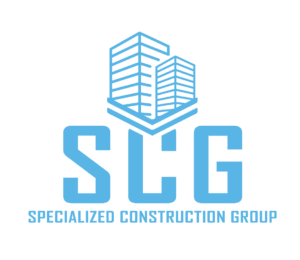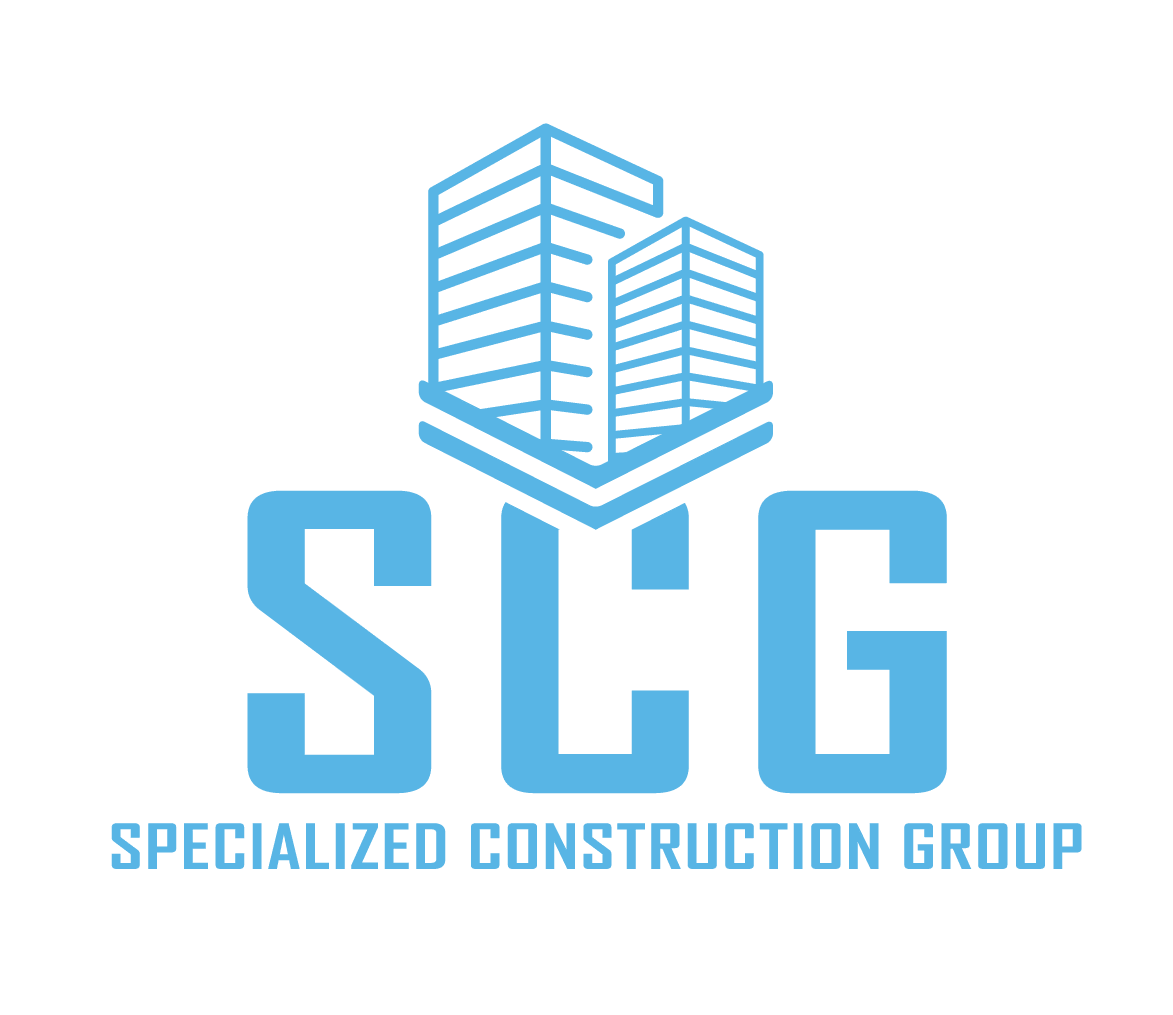Secure needed capital
Take advantage of a valuable resource

The Small Business Administration (SBA) is a U.S. government agency dedicated to supporting the establishment and growth of small businesses. Among their suite of programs, SBA loans stand out as a valuable resource for businesses wanting to expand.
They are extended by private lenders but backed by a partial guarantee from the government. This guarantee lowers the risk for lenders, prompting them to provide better terms and rates, thus allowing businesses to secure capital that might otherwise be out of reach.
How SCGWest can help
Partnering with SCGWest for your SBA-financed projects can significantly enhance the success and efficiency of your business ventures.
With SCGWest at your side, you can rest assured that every dollar from your SBA loan is meticulously allocated to ensure maximum return on investment. Additionally, our experience translates into foresight, anticipating challenges and proactively addressing them, ensuring your project remains on track.
Schedule a Consultation
Explore SCGWest Services
Want more information on SBA loans? Check out our blog.


Why consider SBA construction financing?
SBA loans not only provide working capital to purchase land or a new building for your business, but they can also be used for practically any other business expense such as a renovation to your storefront, new kitchen equipment for your restaurant, or even the money you need to hire more staff.
Here’s why considering an SBA loan might be your best option:
- Lower Down Payments: This means businesses can retain more of their capital for other pressing needs.
- Longer Loan Maturity Periods: Extended repayment periods can ease the monthly burden on businesses, allowing them to manage cash flows more efficiently.
- Competitive Interest Rates: Reducing the overall cost of borrowing over time.
- Flexibility Spending: While some loans have strict spending stipulations, SBA loans offer a wide range of how you can use the acquired funds.
The application process
Securing an SBA loan requires a methodical approach.
1. Choosing a Lender
The very first decision to make is selecting the right lender, and the SBA provides multiple avenues:
- Preferred Lenders: These lenders have full authority and delegation from the SBA to approve loans. This can often mean a more streamlined and potentially swifter application process since there’s no need for intermediary SBA approval.
- Certified Lenders: These lenders, while not having the same autonomy as preferred lenders, have an expedited review process from the SBA. For businesses looking to strike a balance between speed and flexibility, certified lenders might be the right choice.
- Participating Lenders: Working in tandem with the SBA, participating lenders collaborate more closely with the agency in processing and disbursing the loan. This approach provides a more hands-on oversight from the SBA, which could be beneficial for businesses looking for additional assurance or those unfamiliar with the SBA loan process.
2. Providing Required Documentation
Securing an SBA loan isn’t just about choosing the right lender; it’s also about presenting a compelling case for your business. Key documents include:
- Business Plan: This offers a snapshot of your business’s objectives, strategies, market analysis, and financial forecasts. It paints a picture of where you are and where you aim to go.
- Financial Statements: These statements, including balance sheets and profit and loss statements, provide a clear insight into your business’s financial health.
- Cash Flow Projections: This document showcases your business’s ability to manage its finances in the future and repay the loan. It’s a testament to your financial prudence and strategic planning.
Moreover, other relevant documents might be needed, depending on the specific loan program and lender requirements.
3. Clarifying Timeline
The duration from application to disbursement is not fixed. It varies based on factors such as the type of loan program chosen, the lender’s internal processes, and the quality of the documentation provided. However, understanding the distinctions between lender types can give you a general idea of potential timelines. It’s crucial to stay in regular communication with your chosen lender to get a clear sense of the expected timeline and any actions needed on your part to expedite the process.
Types of SBA loans
SBA 7(a) Loans
This is the most popular SBA loan, offering coverage for a broad range of business expenses for up to $5 million. For property expenditures, the repayment period can extend to 25 years.
Loan Duration
How long will you be in debt? A short-term loan might have higher monthly payments but will be over sooner, while a long-term loan spreads out the cost but keeps you in debt longer.
Types of SBA loans
SBA 7(a) Loans
This is the most popular SBA loan, offering coverage for a broad range of business expenses for up to $5 million. For property expenditures, the repayment period can extend to 25 years.
Advantages of SBA 7(a) loans:
- Versatile
- High maximum loan amount.
- Competitive interest rates.
- Long repayment terms, up to 25 years.
Disadvantages of SBA 7(a) loans:
- A lot of documentation is required.
- Time-consuming application process.
- Difficult to qualify.
SBA 7(a) Express Loans (Microloans)
As the name suggests, these are expedited loans. However, they come with a lower borrowing limit (maxing out at $350,000) and a shorter repayment period. Also, the government’s guarantee will only cover up to half of the loan amount.
Advantages of SBA 7(a) Express loans:
- Faster processing.
- Covers similar expenses as the standard 7(a) loans.
- Offers loans up to $350,000.
Disadvantages of SBA 7(a) Express loans:
- Reduced repayment terms.
- Higher interest rates.
- Despite being “express”, it’s not instant.
SBA 504 Loans (CDC 504 Loans)
These loans involve collaboration between two lenders: a traditional lender, such as a bank or credit union, and a Certified Development Corporation (CDC).
They can offer up to $5.5 million with a potential repayment term of 25 years. Typically, a down payment of 10% is required, making it more accessible for businesses that struggle with the 20-30% downpayment of a 7(a) loan.
Advantages of SBA 504 loans:
- High loan ceilings.
- Extended repayment plans.
- Relatively lower down payment requirement.
Disadvantages of SBA 504 loans:
- More restricted usage of funds.
- Lower SBA guarantee.



